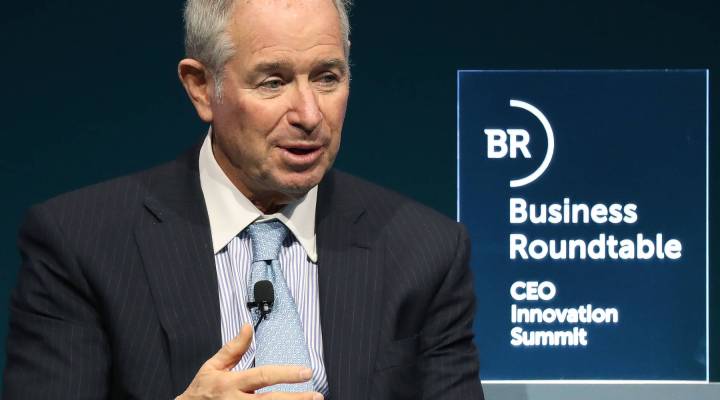
From LP to Inc. Why are some companies changing their structure?
From LP to Inc. Why are some companies changing their structure?

The world’s largest private equity firm – The Blackstone Group – will change its legal structure from a partnership to a corporation. The upside: As a corporation, Blackstone’s shares will be more liquid and can be included in indices and exchange-traded funds, which could increase demand. The downside? Blackstone will pay the corporate taxes on profits, rather than passing them along to shareholders and letting them pay the taxes. The switch is proving popular since the Tax Cuts and Jobs Act cut the top corporate tax rate from 35% to 21%. Blackstone’s move follows changes of structure by the smaller private equity firm Ares Management shortly after the tax cut took effect, and by similarly-sized KKR, one year ago.
There’s a lot happening in the world. Through it all, Marketplace is here for you.
You rely on Marketplace to break down the world’s events and tell you how it affects you in a fact-based, approachable way. We rely on your financial support to keep making that possible.
Your donation today powers the independent journalism that you rely on. For just $5/month, you can help sustain Marketplace so we can keep reporting on the things that matter to you.


















